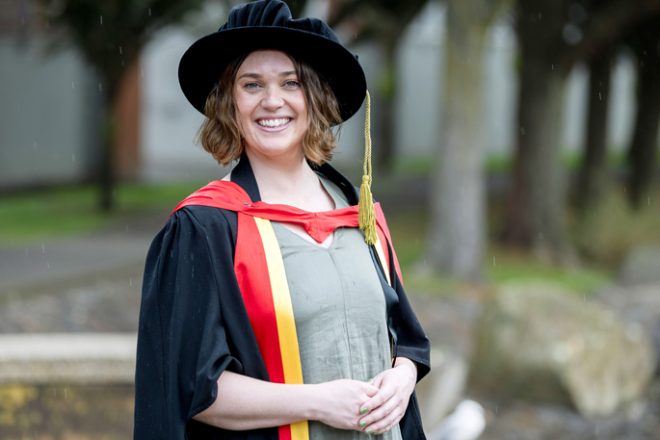A young scientist from New Zealand, Dr. Bethany Forsythe, has joined the International Commission on Missing Persons (ICMP) to help develop tools to identify human remains on a large scale. This includes over 300,000 people still unaccounted for after the Vietnam War, which ended in 1975.
Dr. Forsythe, who recently earned a PhD in Forensic Science from the University of Auckland, is working on establishing DNA sequencing methods for highly degraded bone samples. She is based in The Hague, Netherlands, and works with scientists and officials in both Vietnam and the Netherlands.
The ICMP is carrying out a two-year project to enhance Vietnam’s capabilities in this area. The project is a collaboration with the Institute of Biotechnology of the Vietnam Academy of Science and Technology and is funded by the United States Agency for International Development. The goal is to create a comprehensive system that can match DNA from human remains with DNA from relatives still searching for their loved ones in Vietnam.
Dr. Forsythe credits her education at the University of Auckland and her association with the government’s Institute of Environmental Science and Research for equipping her with the skills needed for this challenging work. She says she chose a career in forensics because of her love for science and research, and she finds the work rewarding.
The ICMP is an international organization that works with governments and other groups to address the issue of missing persons. It helps locate people who have gone missing due to conflict, human rights abuses, disasters, and other causes.





























































